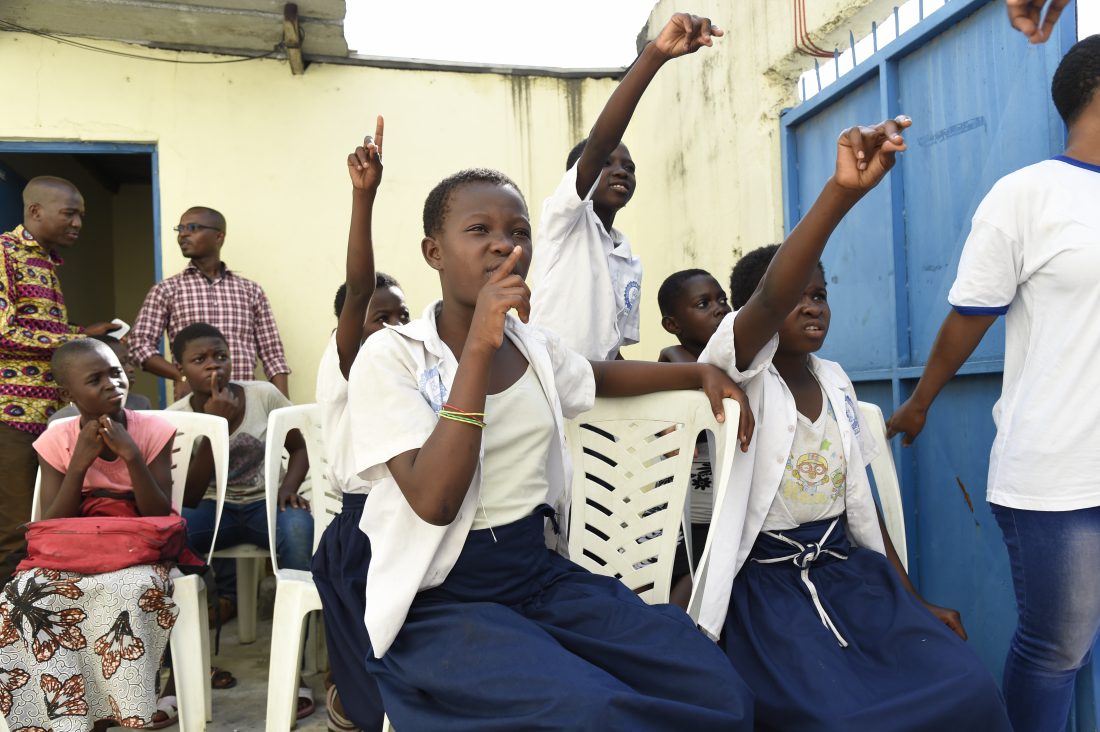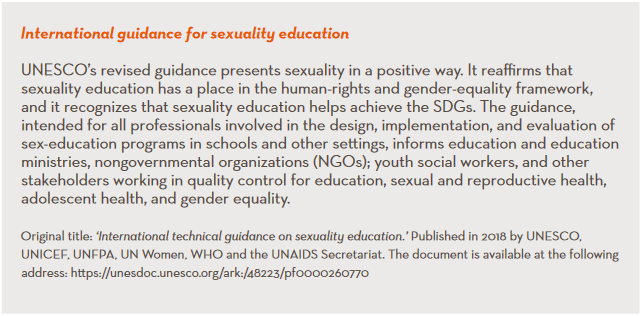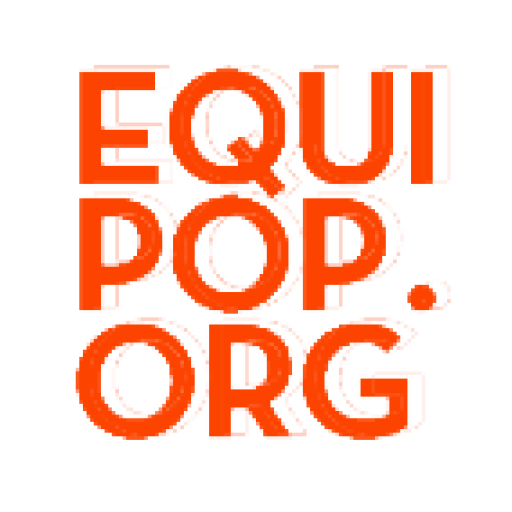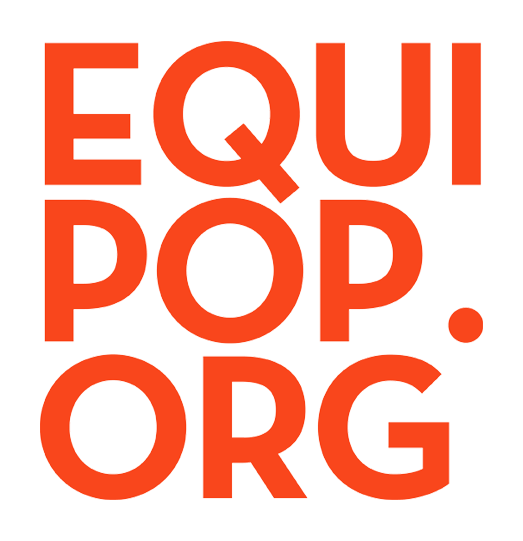
– Comprehensive sexuality education, a need and a right for all young people
In school and non-school settings, CSE is a way of teaching about sexuality and interpersonal relationships that is age-appropriate, cultur–ally relevant, and gender-sensitive. Based on scientifically accurate information, it refrains from value judgments. The promotion of CSE is at the heart of several Equipop actions. In West and Central Africa, it works with its partners to create the conditions for its acceptability and implementation.
Having access to reliable information about sexual and reproductive health and rights (srhr) is important everywhere in the world
In some parts of the world, two out of three girls report having no idea what happened to them when they had their first period. Preg–nancy and childbirth-related complications are the second leading cause of death among girls aged 15 to 19, and the leading cause in West and Central Africa. Only 34% of young people know about HIV and how it is trans-mitted. In France, 20% of youths aged 15 to 24 believed that they did not know enough about HIV and AIDS in 2018, a 24% increase since 2007. As they move from childhood to adulthood, too many young people receive confusing and contradictory information about sex and sexuality. They are increasingly eager for reliable information: comprehensive sexuality education (CSE) meets this demand. It enables them to make informed decisions about their relationships, emotional lives, and their sexuality; it also helps them navi–gate a world where gender-based violence (including sexual violence), gender inequal–ity, unintended and/or early pregnancy, and HIV and other sexually transmitted diseases (STDs) pose serious risks to their health and well-being.
Comprehensive sexuality education, for high impact
In school and non-school settings, CSE is a way of teaching about sexuality and interpersonal relationships that is age-appropriate, cultur–ally relevant, and gender-sensitive. Based on scientifically accurate information, it refrains from value judgments. Significant evidence proves that CSE contributes to positive impacts:
•Limiting false information and increase knowledge about sexual and reproductive health
•Promoting responsible sexuality, such as reducing the frequency of unprotected sex and postponing first sexual intercourse
•Increasing the use of contraceptives and means of HIV and STD prevention
•Strengthening positive values and attitudes about sexual and reproductive health
•Developing young people’s ability to make informed decisions and comply with con–straints
•Promoting communication about sexual and reproductive health between adults and young people
Promoting and providing comprehensive sexuality education, a duty around the world
An increasing number of organizations and individuals understand the importance of providing children and youth with accurate, high-quality SRHR information and the kind of knowledge that goes beyond biological and medical information; such knowledge enables young people to make informed personal choices that also show respect for their part–ner. In addition, promoting CSE helps achieve three of the Sustainable Development Goals (SDGs): Goal 3 for health and well-being, Goal 4 for quality education, and Goal 5 for equality between men and women. How–ever, CSE faces much resistance because of taboos and misunderstandings. It also most certainly faces resistance for its ability to transform societies; it can make them more egalitarian and inclusive, with less discrimina-tion towards women, girls, and LGBTQIA+2 people.Equipop promotes CSE as a central goal in many of its actions, working with part–ners to create the conditions for CSE to be accepted and implemented, particularly in West and Central Africa, where 64% of the population is less than 24 years old, 43% of girls are married before age 18, and the con–traceptive prevalence rate for young women aged 15 to 24 is less than 15%.
The work takes place at three levels:

1. Regional mobilization:Equipop and its partners have mobilized for a regional CSE advocacy campaign aimed at persuading government ministries in West Africa to commit to providing CSE and sexual and reproductive health services tailored for young people. Equipop will help steer this multi-actor campaign, one led by UNESCO and the United Nations Population Fund (UNPFA). It will also work with Alliance Droits et Santé and the West African Feminist Youth Network to produce an advocacy and public-outreach campaign as part of the Change Lab Project (2018-2021).
2. Support for local advocacy actions: In Guinea and Côte d’Ivoire, Equipop has joined other CSOs as a partner in the multi-year Educasso Project (2018-2020). This advocacy project aims to use social communi-cation tools to push for better CSE inclusion in school curricula and public policy.
3. Institutional support: As part of its partnership with the UNPFA, Equipop provides technical support to Muskoka Initiative-funded UN agencies and their partners in order to help, for example, mobilize financing for Guinea’s CSE roadmap.
“We are convinced that if we do not respond to young people’s demands for comprehensive, high-quality sexuality education, we will not achieve the Sustainable Development Goals (SDGs) that we set for 2030, nor will we deliver on our promise to leave no one behind.”
Audrey Azoulay Director-General of UNESCO

(1) Lesbian, gay, bisexual, transgender, transsexual, queer, questioning, intersex, asexual, ally, pansexual.
(2) United Nations Population Fund


